Anger management
On ‘Anger management’.
Helping people to work to a greater level of emotional stability has been a big part of my work for some time now. Anger management is a common search term for how clients come to me.
What people have often noticed in themselves is that they are certainly getting more frustrated in their life than they’d like to be. They can recognise something is ‘off’ so to speak and I always let that be the start of the journey.
It’s interesting how the stereotype of someone working on ‘anger management’ is the idea of someone who recognises how they fly off the handle at the slightest small thing. This is definitely the case sometimes and in this we look in like archeologists at what happens to them emotionally when these seemingly trivial events happen which we know shouldn’t be so important to us.
By doing this clients are able to release emotions which are trapped in. I provide a space of exploration and often we find historical things there which can be allowed to come up naturally in our session which have been trapped in. By doing this people are able to then move to more constructive ways of being in the present.
Sometimes too clients come with what they originally identify as this stereotypical anger management as an issue but then go through a process of seeing that things in their life really arent the way they’d like them to be. There can be a process of seeing for example that they’re spending time in not so good company and doing things they’d really rather not be doing.
Although it’s true they need to manage their emotions better there is a truth that they have been feeling a bit disempowered in their current environment. It’s not uncommon for clients to tell me how they have been told by others they have anger issues and on seeing me are able to realise that whereas they have been more reactive than they’d like the truth is that they have been prodded by their partners or other people and regrettably acted out.
Here in particular there is the case of building the clients esteem and recognising their innocence and understanding that they aren’t perfect and don’t have to just fill the needs of others.
In both these cases there are some generalities I find to work through to become more balanced.
1. Recognising to look after you first and its’ self first and other relationships second. Practicing this allows a building of esteem and to show up in our highest integrity. Getting a good sleep, eating well, exercising, and a good level of self connection e.g. journaling, meditation is a great way to ground yourself.
2. Practice adult communication with relevant people. Learn to communicate your wants and needs. Think being assertive, honest and time appropriate. What do you really want and need from the situation?
A nice very behavioural hack also is to look at the times in the last week you’ve felt most and least balanced. What was going on ? What were you doing ? Note these down and think is it possible to somehow reduce the times you were least balanced emotionally by 10 percent and replace it with an activity that makes you balanced by 10 percent.

